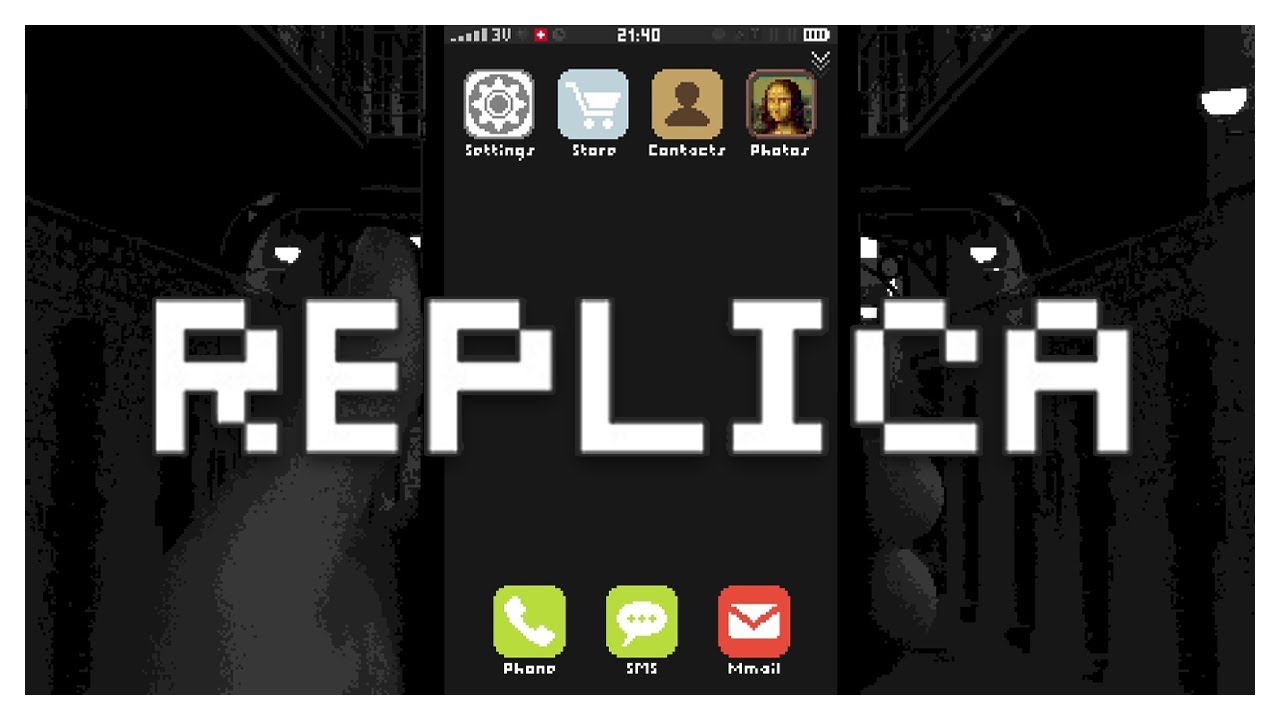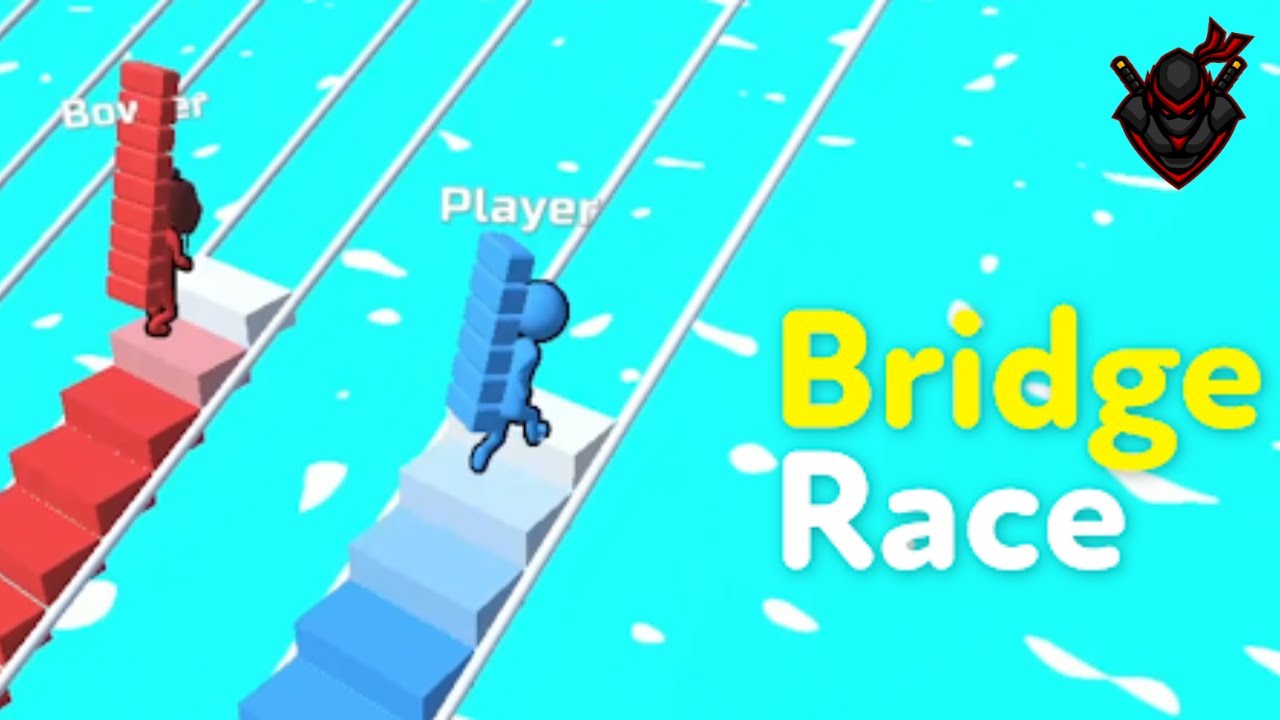Replica is a unique and thought-provoking indie game that delves into the concepts of privacy, surveillance, and authoritarianism in the modern digital age. Developed by South Korean game designer Somi, Replica is set in a dystopian world where the player must sift through personal data on a stranger’s phone to investigate potential crimes and identify threats. This game forces players to question ethical boundaries, making it one of the most intriguing entries in the genre of narrative-driven puzzle games.
In this article, we will explore the core themes, gameplay mechanics, and key features of Replica, as well as its cultural and philosophical significance in today’s world.
What is Replica?
Replica is an indie simulation game that takes place entirely on a simulated smartphone. The game was released in 2016 and has gained significant attention for its minimalist design and powerful narrative. Players are tasked with investigating the phone of an individual suspected of terrorism. Through this investigation, players experience a simulation of life under a surveillance state, where privacy is nonexistent, and every digital interaction is scrutinized.
Game Overview
- Developer: Somi
- Release Date: July 11, 2016
- Platforms: PC, macOS, iOS, Android, Nintendo Switch
- Genre: Simulation, Puzzle, Interactive Fiction
The premise of Replica revolves around a simple, yet morally challenging task: the player is coerced into searching through a smartphone to uncover personal information, messages, photos, and apps that might reveal evidence of wrongdoing. This exploration puts the player in the shoes of an investigator, tasked with making moral decisions about privacy and security.
Gameplay Mechanics
At its core, Replica is a narrative-driven puzzle game where players interact with a mobile phone interface. The gameplay requires players to:
- Unlock the Phone: The game starts with the player trying to unlock the phone using hints and clues. Initially, access to some apps and features is restricted, but as players solve puzzles and input passwords, more information is revealed.
- Analyze Personal Data: Once the phone is unlocked, the player must sift through various apps, messages, photos, and call logs to gather incriminating evidence. The game asks players to investigate social media accounts, text messages, and other personal information.
- Report Suspicious Activity: Throughout the game, the player must provide reports to the government or law enforcement based on the information they uncover. Decisions about what to report and how to interpret personal data influence the game’s outcome.
Puzzle-Solving and Clue Gathering
Replica is not a typical puzzle game with fixed rules and solutions. Instead, it revolves around interpreting data in different contexts. As players gather clues, they must make connections between pieces of information, such as:
- Text Messages: Conversations might hint at hidden codes or reveal intentions.
- Social Media Profiles: Photos, likes, and interactions on fictional social media apps help uncover relationships and motivations.
- Contacts and Call Logs: Reviewing who the phone owner is in contact with provides critical insights into the overall investigation.
The simplicity of these mechanics contrasts with the weight of the decisions players must make. Each action affects the narrative, and players must grapple with the ethical dilemma of invading someone’s privacy.
Themes and Narrative
The overarching theme of Replica is surveillance and the balance between privacy and security in a modern, digital society. The game reflects real-world concerns about data privacy, mass surveillance, and governmental overreach. It forces players to confront uncomfortable questions:
- How much of our private information is accessible to others?
- Is it ethical to sacrifice individual privacy in the name of national security?
- Where should the line be drawn between surveillance and privacy?
Surveillance State
The game is set in a world where the government monitors citizens’ digital lives under the guise of national security. This surveillance extends to personal smartphones, which are central to daily life. Players are placed in the uncomfortable position of contributing to this surveillance by accessing another person’s phone.
Moral Choices and Consequences
Throughout Replica, players face difficult moral decisions. What is more important—personal freedom or public safety? Players must decide what to report to the authorities, knowing that their actions could have severe consequences for the phone’s owner. The narrative raises questions about loyalty, morality, and complicity in oppressive systems.
Paranoia and Fear
Replica effectively captures the paranoia and fear that accompany living in a surveillance state. The tension builds as players uncover potentially incriminating evidence, unsure of what the consequences of their actions might be. This creates a deeply immersive experience, one that reflects the anxiety of living under constant watch.
Cultural and Philosophical Significance
Replica is not just a game; it is also a social commentary on the current state of privacy in the digital age. The rise of mass surveillance, data breaches, and government monitoring makes the game’s themes incredibly relevant. The philosophical implications of the game resonate with debates surrounding personal privacy, government oversight, and the role of technology in modern society.
The Digital Age and Privacy Concerns
In the real world, smartphones have become extensions of ourselves, containing a vast amount of personal information—our conversations, photos, and activities. Replica mirrors this reality by turning the smartphone into a narrative device that reflects our vulnerability in the digital age.
Parallels to Modern Surveillance
Many players have drawn parallels between Replica and modern surveillance practices, such as those revealed by whistleblowers like Edward Snowden. Governments around the world engage in surveillance in the name of counterterrorism, and Replica poses the question: “What happens when this surveillance infringes on individual freedoms?”
Ethical Dilemmas in Gameplay
The game also touches on the ethical implications of invasion of privacy. At what point do we cross the line from being protectors of society to invaders of individual rights? This question looms large as players must decide how far to dig into the personal life of a stranger.
Replica’s Impact on Indie Gaming
As an indie title, Replica has made waves in the gaming community due to its minimalist design and complex themes. Its success lies in its ability to engage players with challenging concepts while maintaining an accessible and straightforward gameplay experience. The game has inspired other developers to create narrative-driven games that explore meaningful social issues.
Awards and Recognition
Since its release, Replica has received several accolades for its innovative approach to storytelling. It has won awards at indie game festivals and has been praised for its thought-provoking content.
Influence on Narrative Games
Replica has influenced other indie games that focus on narrative-driven experiences. Its success shows that games can be a powerful medium for exploring philosophical and social issues, making it a standout title in the indie gaming world.
Conclusion
Replica is more than just a game—it’s a commentary on the dangers of surveillance and the erosion of privacy in the digital age. Its minimalist gameplay, combined with its rich narrative, makes it a compelling experience for players who want to engage with deeper philosophical questions about the balance between personal freedom and security.
By exploring the world through the lens of a stranger’s phone, players are forced to confront the unsettling reality of living in a surveillance state. The moral dilemmas and ethical choices in Replica make it a memorable and thought-provoking game, one that stays with players long after the credits roll.
For those looking for a unique gaming experience that challenges their beliefs and ethical compass, Replica offers an immersive and reflective journey into the dark side of modern technology.


